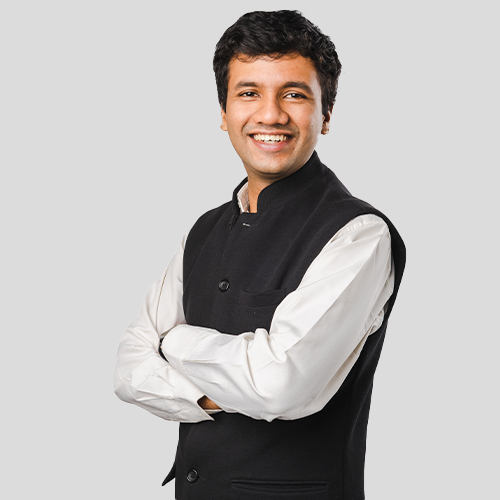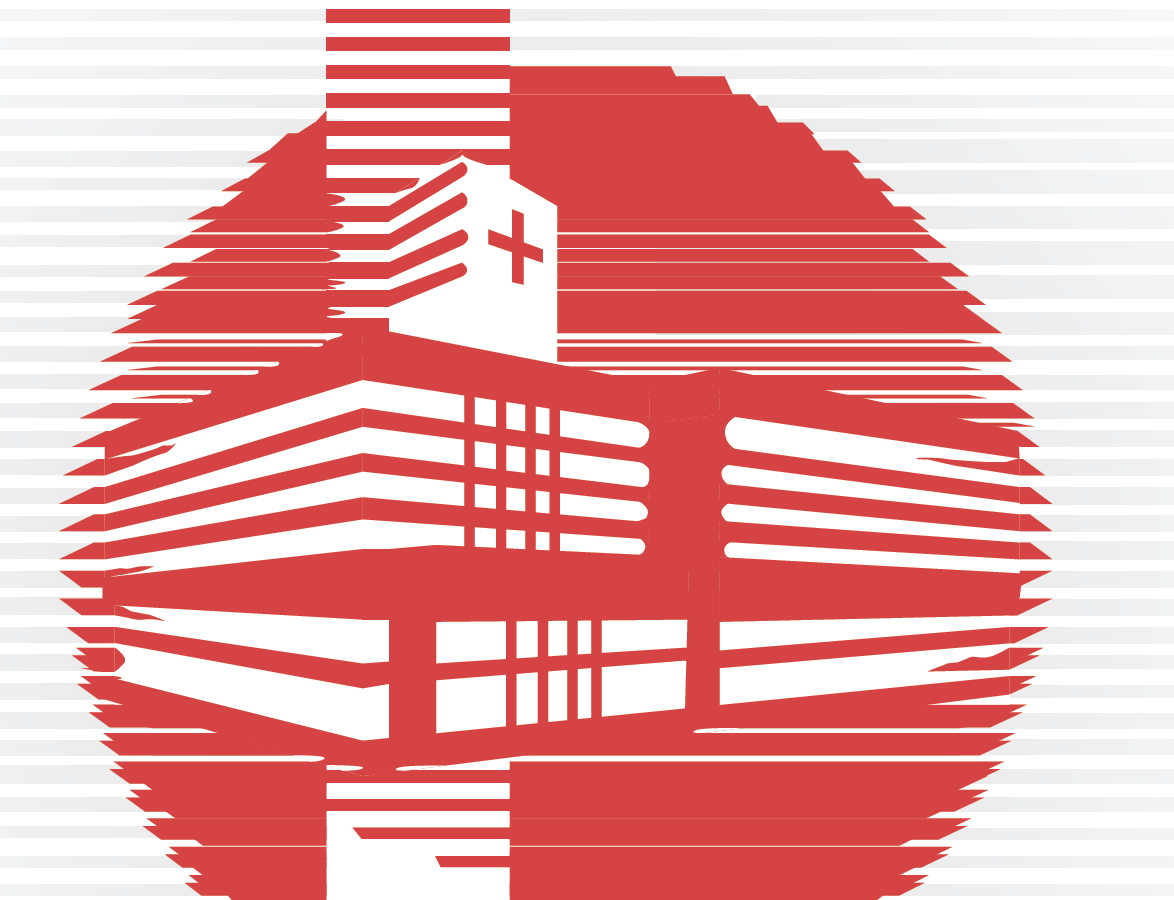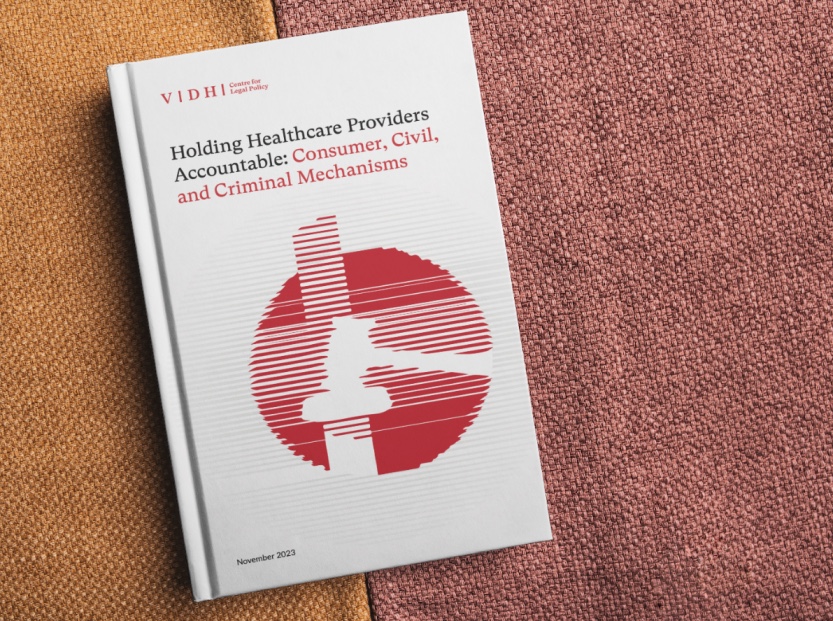
Comments on the Rajasthan Right to Health Care Bill, 2022
Submission to the Government of Rajasthan
The Government of Rajasthan recently invited public comments on the draft of the Rajasthan Right to Health Care Bill, 2022 (‘Bill’) (available here). In response, Vidhi submitted the following observations and recommendations on the draft from a legal and policy perspective:
- Need for a distinction between Public health and Healthcare: Public health laws aim to prevent the outbreak of diseases, tackle public health emergencies, and ensure the overall health and well-being of a population. Healthcare laws aim to provide citizens with the best possible standards of medical diagnosis and treatment. The Bill conflates the two. In the interests of clarity, ease and efficiency of administration, and enforceability of the rights and duties, we have recommended that the Bill be divided into two clear Parts, one on public health (including public health emergencies) and the other on healthcare.
- Need for prior compatibility review: Several laws relating to public health and healthcare are already in force in Rajasthan. The Bill potentially contradicts certain provisions in these laws. To address this, the Bill imposes a loosely-worded obligation on the State Government to conduct a compatibility review in the future. Instead of conducting this after the enactment of the Bill, we have recommended that a rigorous compatibility review be undertaken before the Bill is passed. The manner in which the Bill is to interact with existing laws should be clearly set out directly in the text of the Bill.
- Need for stronger and clearer rights: While the Bill attempts to provide residents of the state with certain general healthcare rights, we have pointed out the need for clarity on the specific rights of patients (both individual and collective). Next, public health rights (sanitation, drinking water etc., are wholly absent, and we have recommended that these be added to the Bill. Given the recent experience with the pandemic, we have pointed out that rights of frontline workers should also be explicitly included.
- Need for re-examination of duties: The Bill places certain duties on residents and healthcare providers. We have demonstrated that these are potentially onerous and restrictive, and also in potential conflict with certain rights provided under the Bill. We have recommended that the need to include such duties in this Bill should be carefully re-examined, and the use of other strategies, like information, education, and awareness, to encourage appropriate patient behaviour, should be considered.
- Need for clearer and enforceable obligations of the State Government: The Bill has a laudable chapter which places a host of obligations on the State Government. However, we have highlighted that the provisions are broad and vaguely worded, and there is no mechanism for accountability or enforcement. To ensure that this chapter achieves its purpose, we have recommended that these issues be resolved by redrafting this chapter. An accountability and grievance redressal mechanism should be set up as envisaged in point 7 of this summary.
- Need for an independent, dedicated health authority: Having shown that the administrative set-up under the Bill suffers from certain key drawbacks, we have recommended that the authorities under the Bill be restructured keeping in mind the following design principles: functional independence from the State Government, full-time executive members, stratified composition with clearly delineated roles, and representation from third-tier bodies.
- Need for a best-in-class grievance redressal mechanism: We have pointed out that in the absence of a robust monitoring and accountability mechanism, the aims of the Bill cannot be realised. As such, we have explained the need to set up independent ombudspersons at the block/ taluka level, with appellate ombudspersons at the district and state levels. The Bill also imposes a wholly unnecessary blanket bar on jurisdiction of civil courts. We have questioned the propriety of this provision, given the absence of any alternative mechanism for adjudication under the Bill. In addition to setting up a grievance redressal mechanism to redress other individual complaints, a distinct and independent monitoring mechanism – consisting of sectoral experts – should be established for ensuring accountability of the State Government and the authorities.






